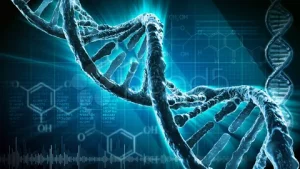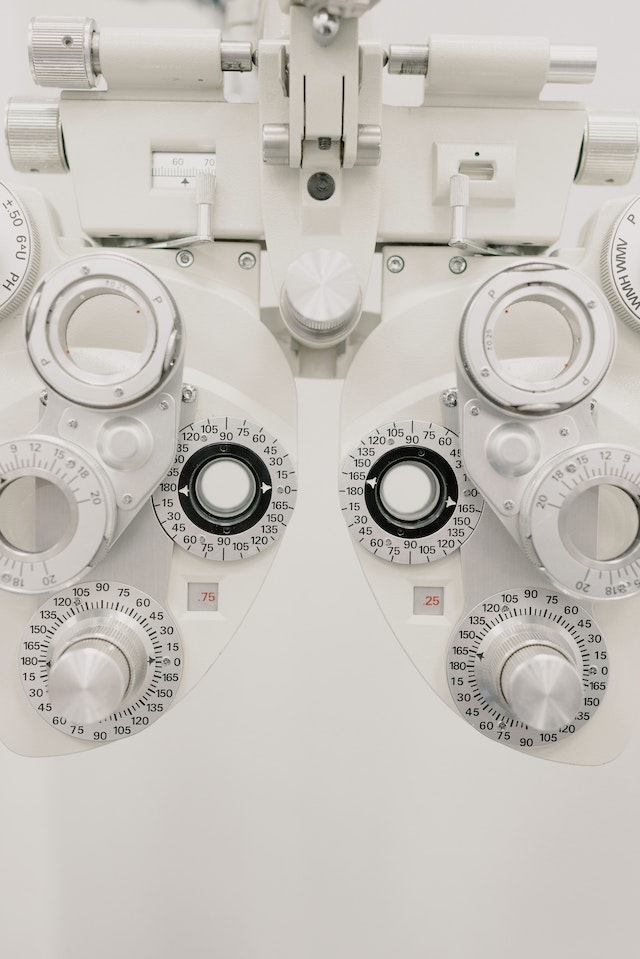Introduction
Migraine, a pervasive neurological disorder impacting approximately 14-15% of the global population, has been a subject of intrigue for researchers exploring its potential connections to other health conditions. Recent investigations have raised questions about a possible link between migraine and an increased risk of breast cancer.
Migraine and Its Multifaceted Impact
As research has unfolded, previous studies have illuminated the multifaceted impact of migraine attacks on an individual’s health. Beyond the intense headaches that characterize migraines, associated symptoms such as nausea, vomiting, extreme sensitivity to light and sound, and mood changes can significantly impact daily life. Migraines are known to progress through distinct stages, each with its set of symptoms, potentially leading to sensory processing disorders and impacting the autonomic nervous system.

Migraine and Breast Cancer Link
- Exploration of Link: Researchers are investigating a potential association between migraines and an increased risk of breast cancer, considering shared factors such as changes in estrogen levels.
- Genetic Connection: Recent studies, particularly one by the Cancer Center at West China Hospital, suggest a genetic link between migraines and breast cancer, revealing increased risks for various breast cancer subtypes in women with migraines.

Identifying a Genetic Connection
A pivotal study conducted by researchers from the Cancer Center at West China Hospital of Sichuan University, published in BMC Cancer, has made significant strides in understanding the potential genetic link between migraine and breast cancer. The study employed data from genome-wide association studies (GWAS) on individuals with migraine and those with breast cancer. The genetic data, encompassing over 102,000 migraine cases and 771,000 controls, along with 250,000 breast cancer cases, all of European descent, were subjected to Mendelian randomization analysis.

Increased Risk for Breast Cancer in Women with Migraines
Caution and Call for Further Research
While the study provides valuable insights, experts emphasize caution in drawing conclusive correlations between migraines and breast cancer. Dr. Parvin Peddi, a board-certified medical oncologist, highlights the speculative nature of the study’s conclusions, given the commonality and non-specific nature of migraines. Dr. Louise Morrell acknowledges the study’s use of a large database but underscores the importance of replicating the research in diverse populations and countries.

Looking Back at Varied Research Outcomes
To contextualize the recent findings, it’s crucial to revisit previous research outcomes. A comparative table summarizes studies conducted in April 2023, December 2018, February 2022, and April 2023, revealing diverse perspectives on the relationship between migraines and breast cancer risk.
| Study | Findings |
|---|---|
| April 2023 Study | Higher risk of specific breast cancer subtypes and earlier onset in women with migraines. |
| December 2018 Study | Significantly greater risk of breast cancer in women with four or more medical visits for migraines annually. |
| February 2022 Meta-Analysis | Statistically significant inverse relationship between migraine and total risk of breast cancer. |
| April 2023 Study | Slightly lower risk of developing breast cancer, especially hormone receptor-positive breast cancer, in people with migraines. |
Conclusion
In conclusion, the exploration of a potential link between migraine and breast cancer risk is a multifaceted journey. While recent research sheds light on a genetic connection, the intricacies of this relationship warrant further investigation. The interplay between estrogen levels, genetic factors, and the impact of migraine on breast cancer risk presents a complex puzzle that requires careful consideration. As we navigate this landscape, ongoing research and replication of findings across diverse populations will be crucial in establishing a clearer understanding and informing healthcare practices.











